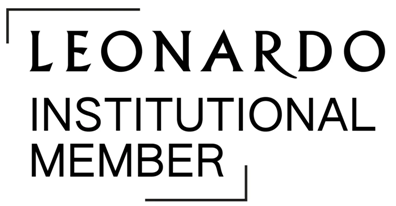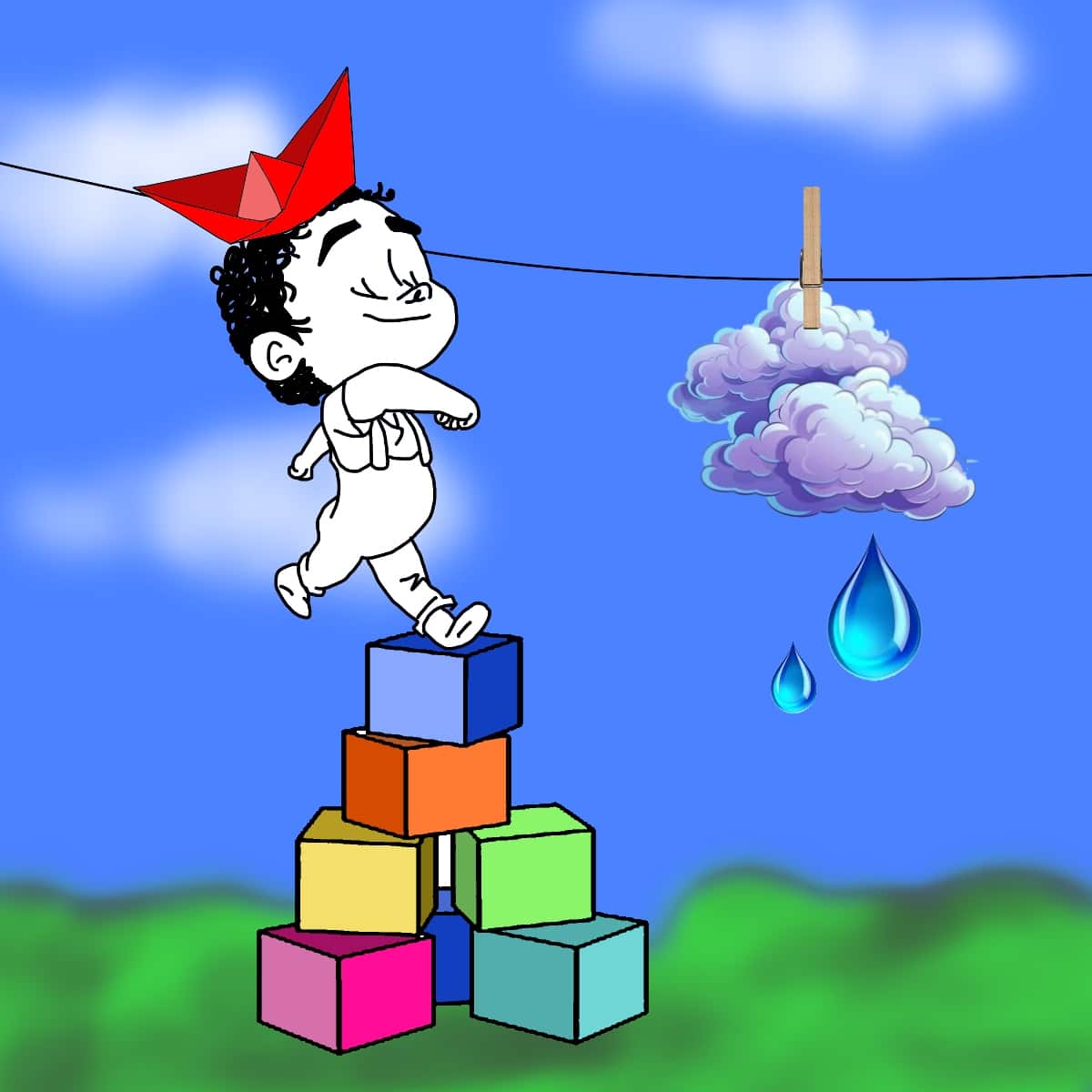Reframing Elementary School Courses
A fundamental philosophical premise of the theory proposed by Jean Piaget is that children’s thinking will evolve autonomously with age. This ‘autonomous evolution’ refers to the natural, self-driven progression of cognitive development in children, which is not solely determined by external factors but also by the child’s actions and experiences. As children grow, their mental development emerges as a remarkable journey characterized by increasing complexity and autonomy. Piaget’s philosophy underscores the idea that this evolution is not merely a linear progression but rather a dynamic process influenced by the child’s interactions with their environment. Through stages of cognitive growth, from sensorimotor to formal operational thinking, children construct their understanding of the world, showcasing an innate ability to adapt and learn independently. This autonomous evolution highlights the significance of fostering environments that encourage exploration and critical thinking, ultimately shaping not only individual intellects but also the collective potential of future generations.
Embracing Piaget’s insights invites educators to appreciate and support the natural progression of children’s thought processes, paving the way for lifelong learning. This perspective posits that children’s development progresses via irreversible, essential age-related phases. The stage theory of cognitive development is evident in the design of elementary school courses.
It is increasingly crucial to prioritize the child’s individuality and requirements, activities, and skills over inert learning, social skills, and a sense of community. Integrating conventional subjects into a project-oriented curriculum enhances student engagement and fosters critical thinking and practical application of knowledge. Educators play a pivotal role in this, creating a dynamic learning environment that encourages collaboration and creativity. By weaving traditional disciplines such as mathematics, science, and humanities with hands-on projects, they break the boundaries between subjects and prepare students for real-world challenges. This emphasis on problem-solving skills and adaptability equips students with the tools they need to thrive in an ever-evolving global landscape. As students navigate through interdisciplinary projects, they gain a more profound understanding of the material and hone essential skills that extend beyond the classroom.
Nonetheless, critical thinking and the strategies for prioritizing and incorporating it into the everyday lives of growing youngsters remain neglected. The absence of critical thinking in the daily lives of young children poses significant challenges that extend far beyond mere academic performance. Without a concerted effort to prioritize and integrate critical thinking strategies into their routines, children may miss essential cognitive skills that foster problem-solving, creativity, and independent thought. As parents, educators, and communities, you play a crucial role in recognizing the importance of nurturing these skills early on. You must weave critical thinking into everyday activities, be it through play, discussions, or exploration. Doing so enriches children’s learning experiences and empowers them to navigate an increasingly complex world with confidence and insight. Embracing this responsibility is crucial in shaping future generations who can think critically and engage thoughtfully with the challenges they will inevitably face.
Methods, models, tools, and experimental procedures that support children in making confident decisions and solving problems from an early age play a vital role in fostering goal-driven and purposeful thinking. By focusing on goal-driven thinking and utilizing various strategies, representations, tools, and, most importantly, hands-on experiences, we can significantly enhance children’s cognitive development, creating enriching learning opportunities.




